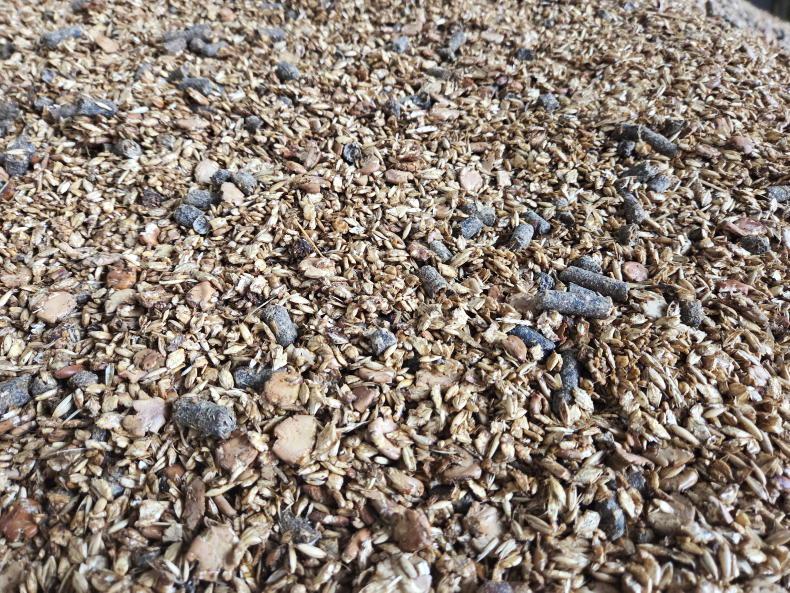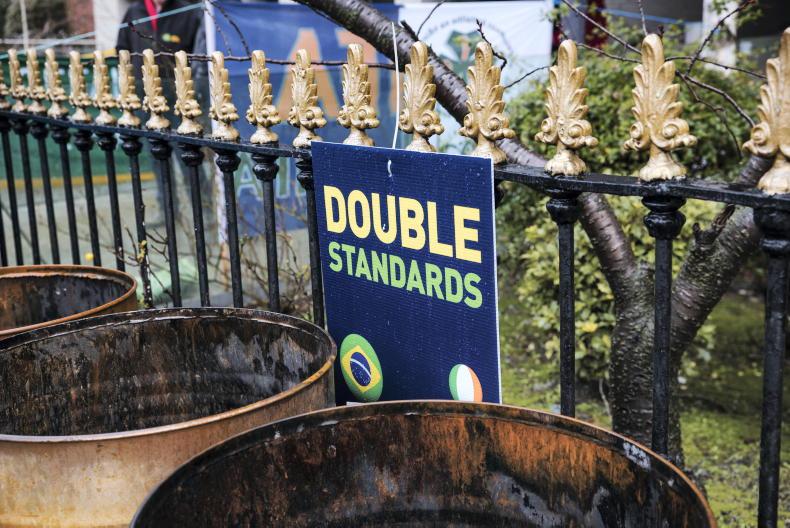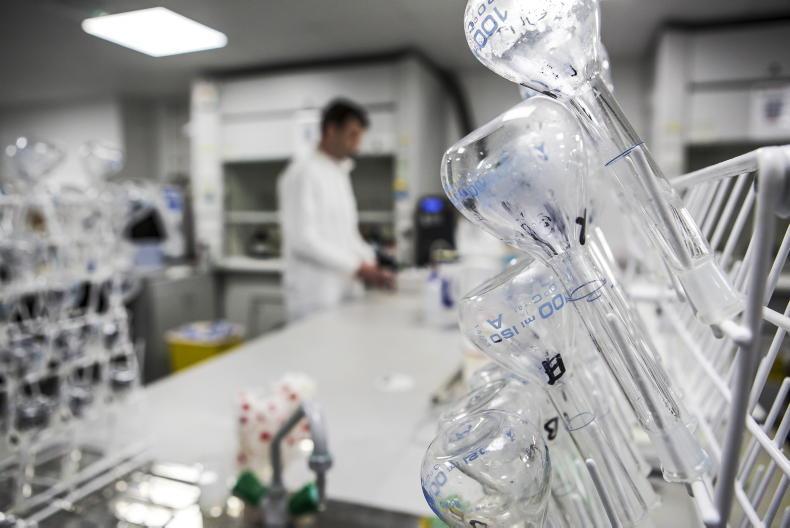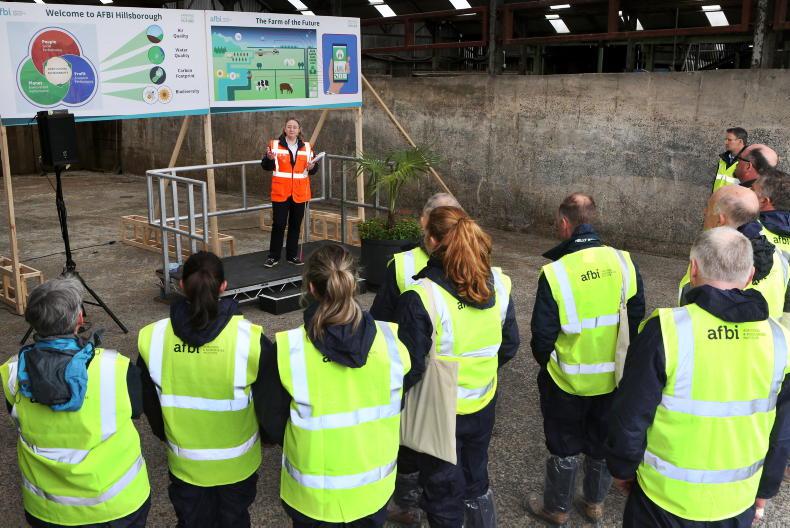The comprehensive review into farm assurance schemes from around the world, completed during 2024 by Dungannon-based Birnie Consultancy, has provided independent evidence that farmers in the UK and Ireland produce food to the highest of standards.
The analysis by the consultants compared various schemes against the English Red Tractor beef and lamb scheme. Four detailed reports were compiled.
While the English scheme was used, equivalent standards apply in other UK regions, including the beef and lamb Farm Quality Assurance Scheme (FQAS) in NI. Red Tractor also operates in other sectors, including dairy, pigs and crops, with onerous standards in place for farmer participants.
The Birnie analysis showed that out of 17 other assurance schemes from around the world, it was really only the Irish Sustainable Beef and Lamb Assurance Scheme (SBLAS) that comes close to matching the breadth of issues covered by Red Tractor.
That should offer a strong reassurance to consumers about the safety and provenance of the food produced on these islands. But at the same time, it also helps to explain why farmers here might be resistant to any more rules being added into Red Tractor and its equivalent schemes.
Complying with those rules costs money and what comes across in the Birnie analysis is that there just isn’t the same pressure on farmers in other countries to do the same. Meanwhile, in the UK and Ireland, the major retailers have effectively insisted that farmers participate in assurance schemes. A whole industry has built up around farm inspections.
In their analysis, the Birnie consultants did highlight a couple of areas around livestock transport and animal health and welfare, where Red Tractor could impose higher standards, such as requiring locomotion and body condition scoring of animals.
How will UK assurance schemes respond to that? Perhaps it is time that those involved in setting standards agreed on the principle that if something new is to be introduced, something else needs to drop out, even if only for the next three-year cycle. They simply can’t keep on adding more and more.









SHARING OPTIONS